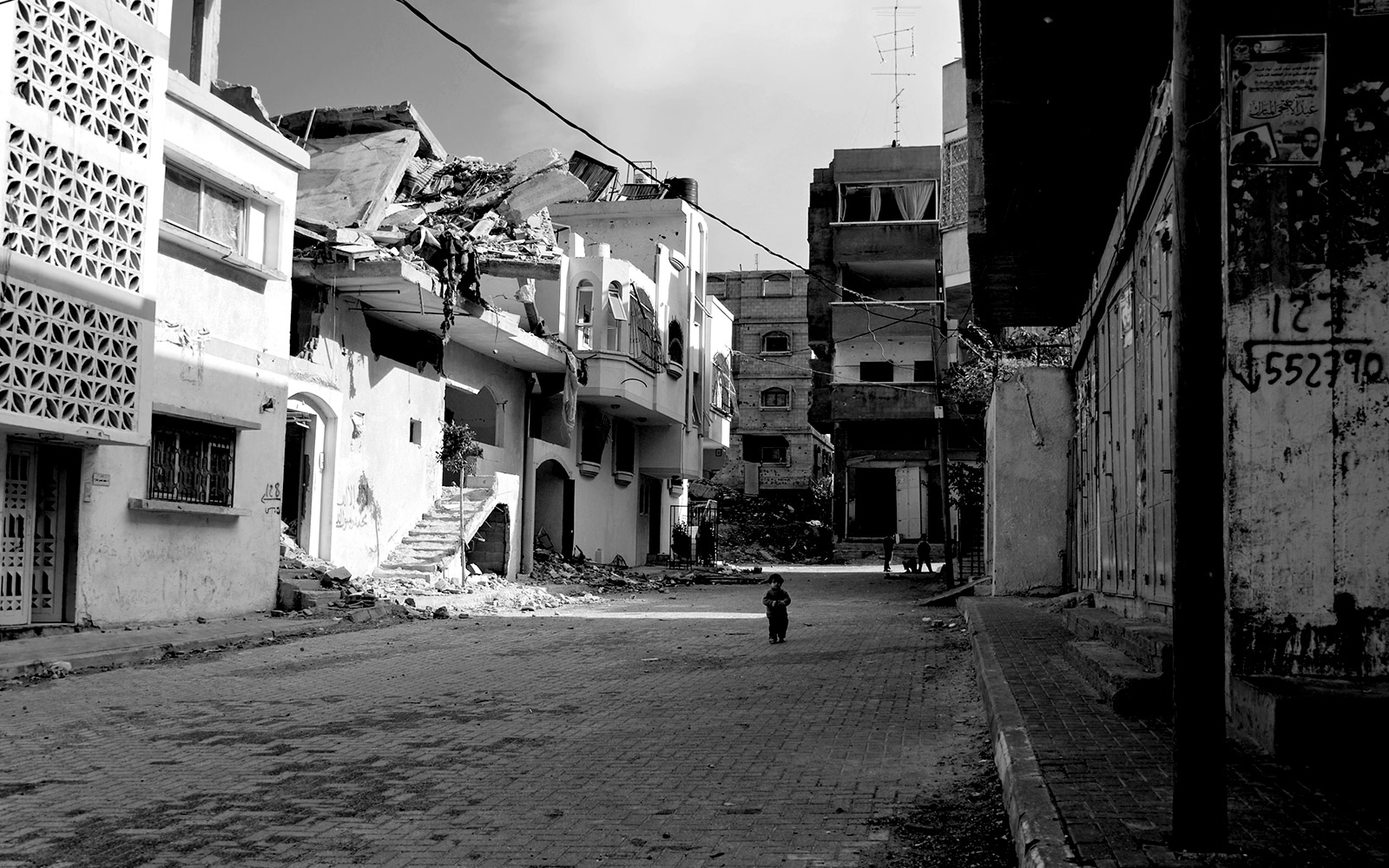In the early years of HI’s existence, the impetus to fight against landmines came directly from our work in the refugee camps of Cambodia and Thailand, where HI’s teams witnessed the extent of the tragedy caused by landmines. A decade later, HI decided to take up the fight against cluster munitions, as these weapons also had indiscriminate effects on civilians, both during conflicts and long after they end.
The campaigns led by the International Campaign to Ban Landmines (ICBL) and the Cluster Munition Coalition (CMC), international NGO networks co-founded by HI, resulted in the adoption of two international disarmament treaties: the Mine Ban Treaty (Ottawa, 1997), the first international treaty to ban a specific conventional weapon, and the Convention on Cluster Munitions (Oslo, 2008). The ICBL was seen as such a significant achievement for global peace that it was jointly awarded the Nobel Peace Prize in 1997. Since then, HI has been consistently pressing for necessary policy changes in a large number of policy areas, placing the rights, dignity and well-being of vulnerable populations, in particular victims of conflict and people with disabilities, at the core of its fight.
Our messages based on evidence from the countries where we operate, and in our sectors of expertise to guarantee both the legitimacy and the credibility of HI’s policy analyses and recommendations
Our determination to ensure that the voices of the affected communities themselves are heard
Our commitment to tackling the causes of injustice at global level through direct lobbying of decision makers, international coalitions of NGOs, public and media awareness campaigns.
We aspire to address intersecting factors of discrimination, marginalization, and vulnerability throughout our advocacy work. These principles guarantee consistency between our activities in the countries where we operate and the strong messages we deliver on the global stage.
"Influencing global policy frameworks is a key part of HI’s social mission, rooted in our action in the countries where we operate. Changing policy to create an environment that is more protective of, and upholds the rights, dignity and well-being of vulnerable populations: that is also HI’s purpose."
Anne Héry, Director of Advocacy and Institutional Relations, Humanity & Inclusion
For 35 years, HI has aimed to meet the essential needs, improve the living conditions, and promote respect for the fundamental rights and dignity of people with disabilities and vulnerable populations. Today, HI seeks to influence States, United Nations institutions, the European Union and other multilateral organisations to actively promote change. Leveraging obligations embedded in international treaties such as the UN Convention on the Rights of Persons with Disability (2009) and pledges made by the international community at international level in the 2030 Agenda on Sustainable Development (2015), and the Agenda for Humanity (2016), we strive to obtain concrete policy changes in three specific areas: humanitarian action , development and disarmament.
Supporting the inclusion of persons at risks, including people with disabilities, in humanitarian response
75% of people with disabilities living in emergency situations have no adequate access to essential basic services such as water, shelter, food or health *. Ensuring that people with disabilities have access to essential services, tailored to meet their needs, is essential for their protection and resilience in crisis situations. The need to further invest in this challenge was acknowledged by the humanitarian international community at the 2016 World Humanitarian Summit, through the launch of a Charter on Inclusion of Persons with Disabilities in Humanitarian Action.
HI advocates that all humanitarian stakeholders endorse the Charter and implement its five commitments on non-discrimination: participation, inclusive policy, inclusive response and services and cooperation and coordination. We advocate that all humanitarian actors develop and implement policies and operational strategies that promote positive attitudes towards diversity and guarantee a coherent, accountable and effective approach to including people with disabilities in humanitarian action.
Inclusive and principled humanitarian action in specific crisis settings
In collaboration with other NGOs, HI promotes the implementation of humanitarian assistance and relief efforts that respect the humanitarian principles of humanity, neutrality, impartiality and independence, and include and protect people at risk of discrimination and people with disabilities. HI focuses on four main areas of concern: humanitarian access; protection against the threat posed by weapons; protection and inclusion of the most vulnerable; and freedom of movement for populations affected by crises.
Inclusive development policies and support for civil society towards civic participation of people with disabilities
The organisation develops approaches to promote the civic participation of people with disabilities in order to fully and effectively implement the International Convention on the Rights of People with Disabilities (CRPD).
In this way, HI works to promote an inclusive governance of disability issues, and the full participation of people with disabilities in decisions that concern them. Our action 2 aims to:
Supporting organisations of people with disabilities
Help disabled people’s organisations to structure themselves and set up good governance mechanisms to strengthen their legitimacy to represent the diversity of persons with disabilities (types of disabilities, women with disabilities, persons with disabilities living in rural areas, etc.)
build the institutional and advocacy capacities of organisations
Build the institutional and advocacy capacities of disabled people's organisations to increase their participation in development and governance processes, from local to international levels
Fight against all forms of discriminations
Support disabled people’s organisations to fight against all forms of discriminations towards persons with disabilities, incl ding against women and girls with disabilities, and to promote the political participation of persons with disabilities, including access to elections, justice, and civic life.
Including people with disabilities in global development policy frameworks
Sustainable development will never be possible without the inclusion of people with disabilities. Discriminatory policies and barriers put all people with disabilities poverty and exclusion and are harming national economies and societies as a whole. HI aims to make the principle of ‘Leave no-one behind’ a reality for people with disabilities by promoting their rights as part of the implementation of the Agenda 2030 on Sustainable Development and by ensuring access to services. As well as holding States accountable on their legal obligations on human right and political commitments with regards to the UNCRPD and the SDGs, we also systematically highlight the need for data disaggregated by disability, gender and age in order to ensure the proper monitoring of progress and to encourage mainstreaming and specific actions to further better inclusion of people with disabilities.
Increased road safety and inclusive mobility in developing countries
Unsafe roads are a public health issue and represent a major challenge to achieving sustainable development. More than 1.35 million people are killed every year in road traffic accidents; 90% of these casualties occur in middle- and low-income countries. Road accidents are a major cause of death and disability and disproportionately affect the most vulnerable populations.
HI works towards making road safety and inclusive mobility a higher priority on the global development agenda, with the view to enhancing prevention of risks and assistance to road accident victims. We also press for changes to improve safe and accessible mobility for vulnerable road users, with a focus on people with disabilities, to ensure equal access to services and ultimately their full participation in all spheres of society.
Access to rehabilitation services for people with disabilities
15% of the world’s population lives with some form of disability. 92% of the disease burden in the world is related to causes that require care provision from health professionals combined with physical rehabilitation. However, more than 50% of people with disabilities in developing countries have an unmet need for rehabilitation care, due to numerous barriers hindering access to health services, including financial, attitudinal, and physical barriers, as well as the lack of availability of services, of accessible information and of skilled health workers.
HI presses for a greater recognition of the role of rehabilitation services on the global health and development agenda. We advocate universal access to rehabilitation services, which involves considering rehabilitation services across the continuum of care, throughout the person’s life, and across a wide range of health conditions.
The use of weapons with wide-area effects in populated areas
Bombing and shelling are methods of warfare commonly used by belligerent parties in the ongoing conflicts in Syria and Yemen and were previously used in both Afghanistan and Ukraine, amongst others. Explosive weapons such as aircraft bombs, mortars, missiles, rockets, and so on are regularly used, often in populated areas, with dire consequences for civilians who are the main victims of these weapons. Since 2011, HI has worked to mobilise the international community against the use of explosive weapons in populated areas, highlighting the devastating consequences of this pattern of harm on civilians and vulnerable populations, specifically people with disabilities, elderly people, women and children. Indeed, HI launched a global campaign to stop the bombing of civilians which targeted the general public and the media.
The international community has been made aware of this humanitarian issue: since September 2015, a dozen states have launched an initiative to draw up a political declaration to prevent the harm caused by explosive weapons.
Universalizing and implementing the disarmament treaties
In line with its historical commitment, HI continues to fight against landmines and cluster munitions. HI is a co-founder and key actor in the ICBL-CMC and is committed to the goal of a “mine-free world” by 2025, and to ensuring the universalization and implementation of the Mine Ban Treaty and the Convention on Cluster Munitions.
HI also has also made its voice heard loud and clear on the issue of victim assistance (VA), an obligation for States Parties to the Mine Ban Treaty and the Convention on Cluster Munitions. HI promotes an integrated approach to victim assistance, to ensure that people with disabilities, including the victims of weapons, meaningfully and effectively participate in development processes and policies.
DISARMAMENT AND PROTECTION OF CIVILIANS
Alma TASLIDŽAN AL OSTA
Disarmament & Protection of Civilians Advocacy Manager
Photos : © HI - © B. Darrieux / HI








